
Introduction Bakgrund: Sömnstörningar såsom insomni påverkar i hög grad individens välbefinnande och är starkt kopplat till hjärt- och kärlsjukdomar och individer över 60 år. Obehandlade och långvariga sömnstörningar kan ge upphov till flera vanliga hälsoproblem med kopplingar till metabola förändringar och därmed medverka till förtidig död. Åldrandet som process är…
Read more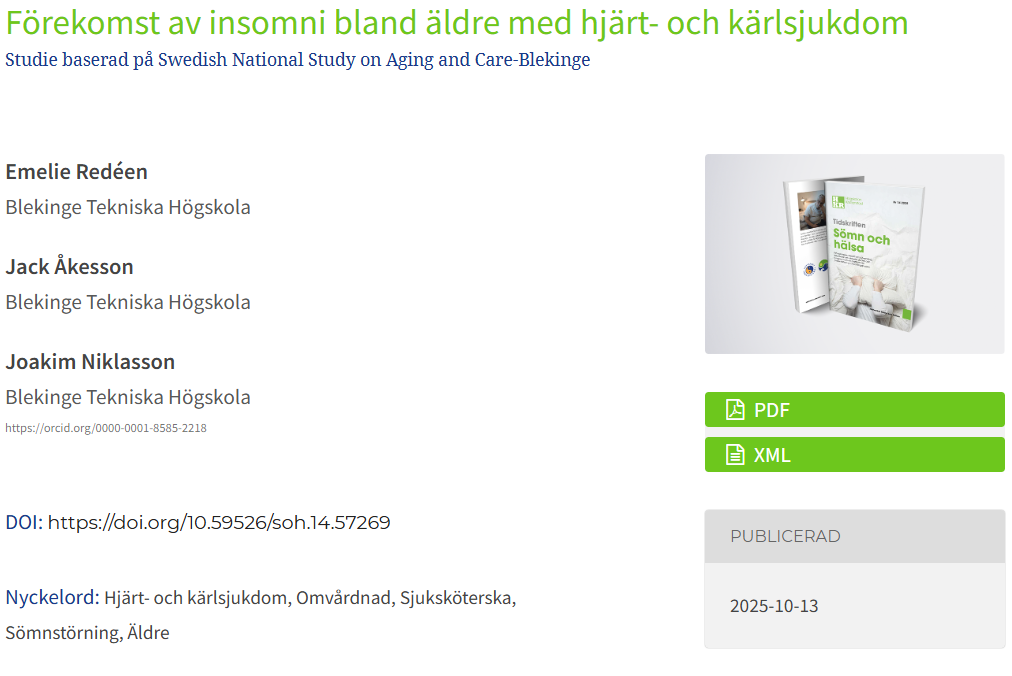
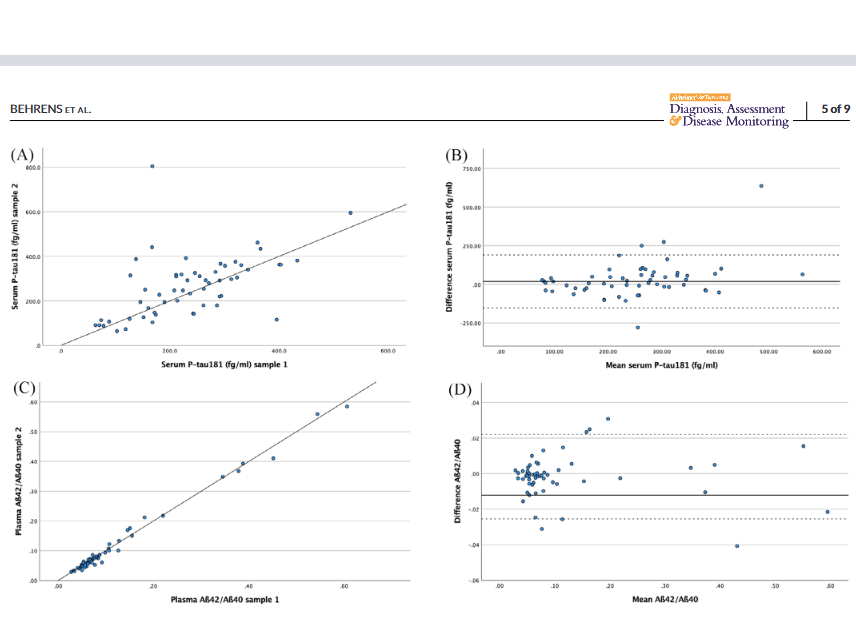
Abstract Introduction Blood-based biomarkers for Alzheimer's disease (AD) have the potential to improve diagnostic accessibility, but their clinical interpretation requires understanding of variability and biological influences. Methods We repeatedly sampled blood from 57 adults referred for lumbar puncture as part of a cognitive evaluation at a memory clinic. We measured…
Read moreAbstract Background:As the older population grows, so does the prevalence of cognitive impairment, emphasizing the importance of early diagnosis. The Mini-Mental State Examination (MMSE) is vital in identifying cognitive impairment. It is known that degraded oral health correlates with MMSE scores ≤26. Objective:This study aims to explore the potential of…
Read more
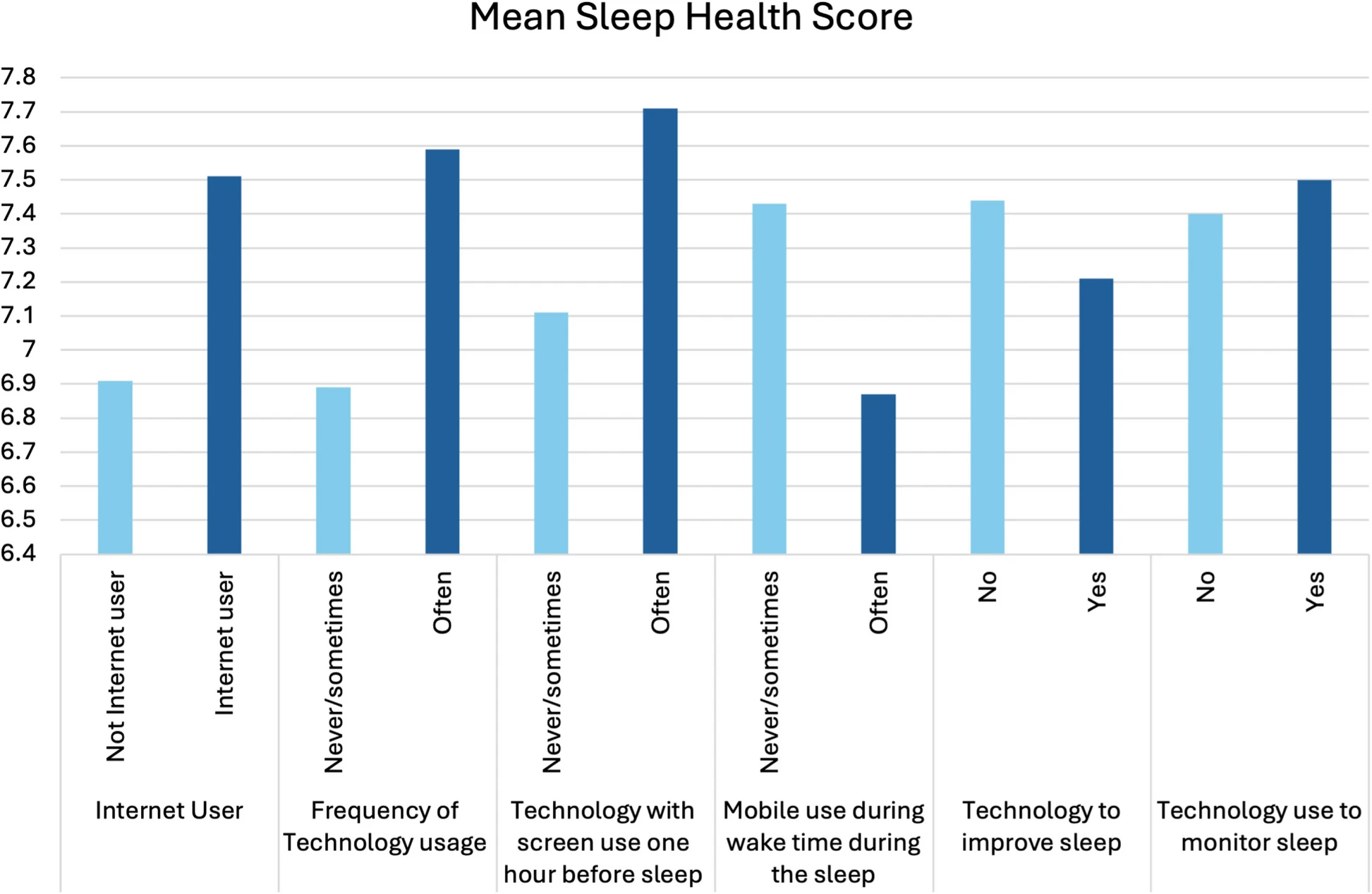
Abstract Introduction Exploring the association between technology use and sleep health in older adults is important as digital engagement becomes integrated into society. Objective This study aimed to examine sleep health and its association with technology use in a population-based cohort of 60 years and older. Methods This cross-sectional, population-based…
Read moreAbstract Background Safe Environment for Every Kid (SEEK) is one of few evidence-based approaches to identify psychosocial problems and facilitate support to families within pediatric primary care. The Swedish version of SEEK, called BarnSäkert (“Child Safe”), is being evaluated as a complex intervention in the Swedish child health services (CHS)…
Read more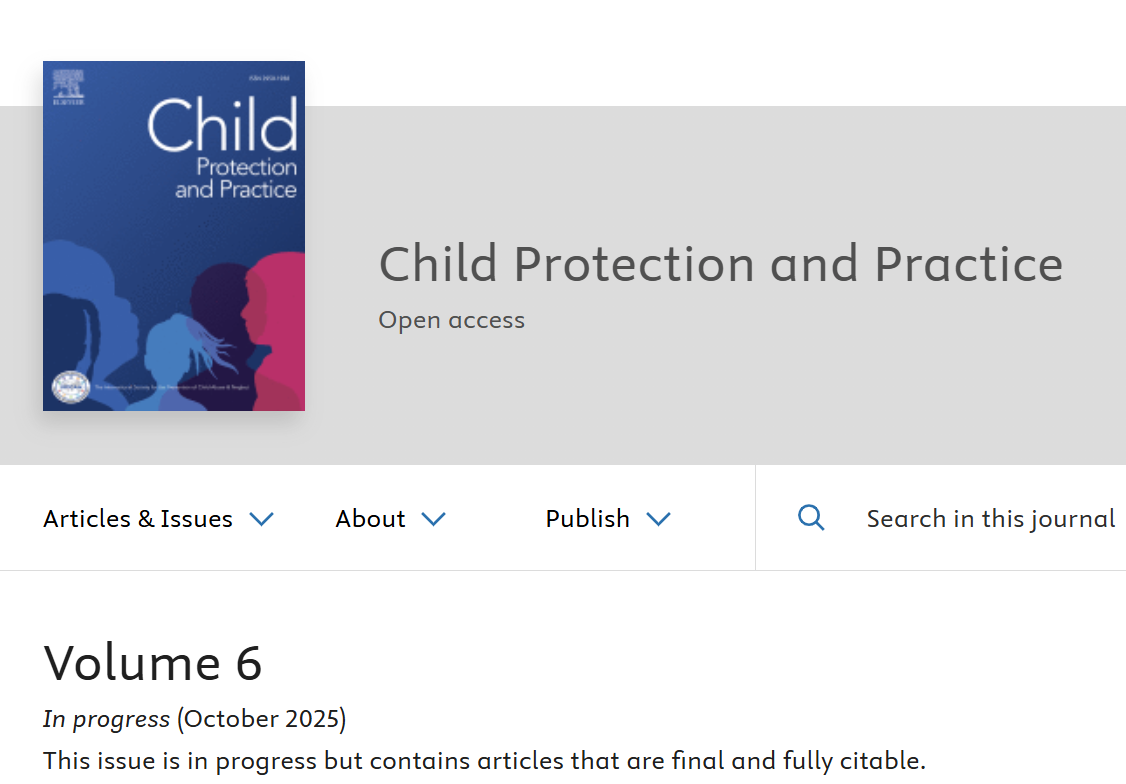
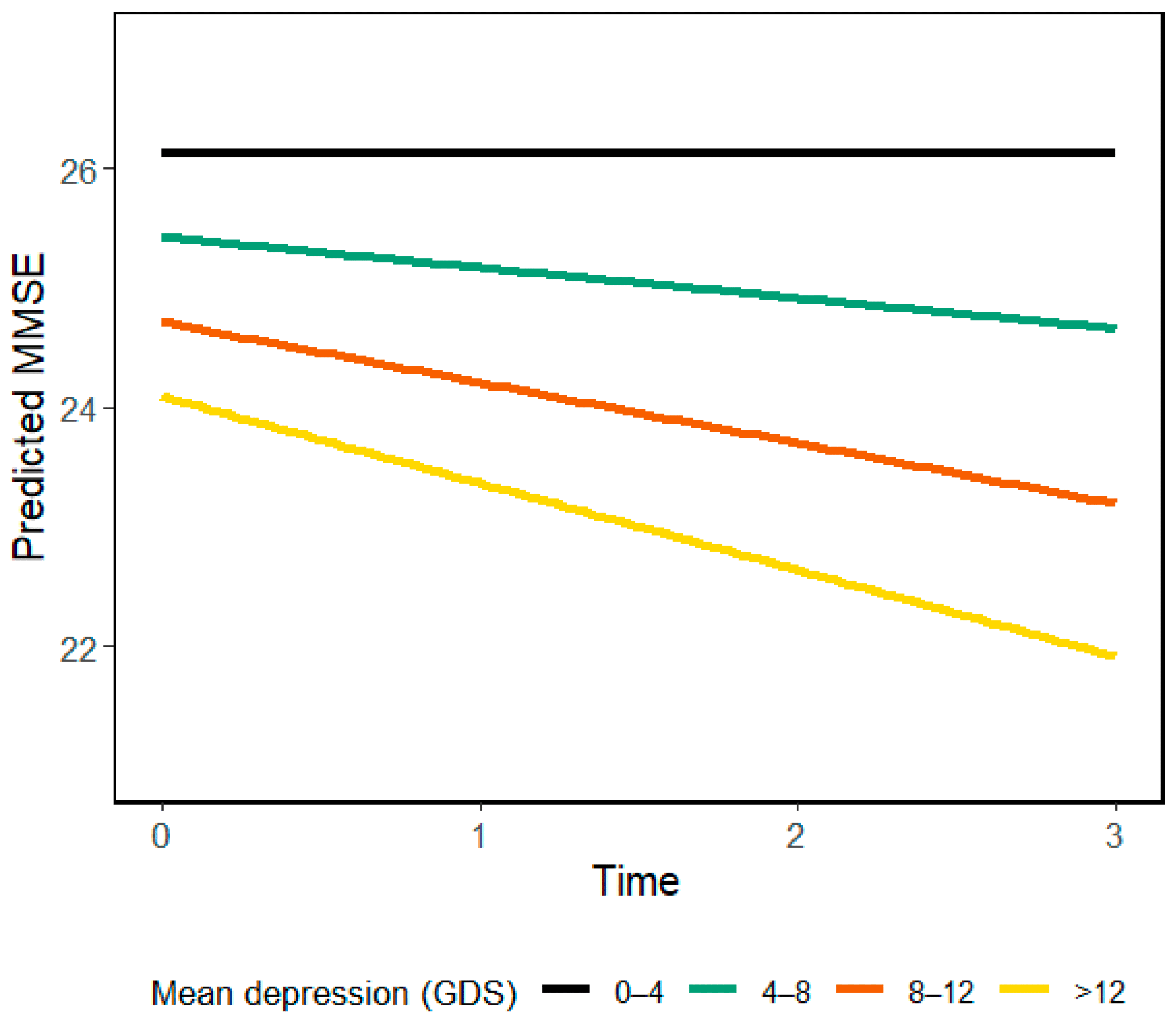
Abstract Depression and cognitive impairment frequently co-occur in older adults, but their temporal relationship remains unclear. While depression is often considered a risk factor for cognitive decline, evidence is mixed, particularly in individuals with mild cognitive impairment or early dementia (MCI/ED). This study analyzed longitudinal data from 1086 participants (M…
Read moreABSTRACT Background and Aim Due to ageing, physical changes can affect one's ability to actively engage with others, resulting in limitations in social connections comparable to loneliness. Hence, there is a need for research on how older adults avoid experiencing loneliness and thus promote health through social connections. The aim…
Read more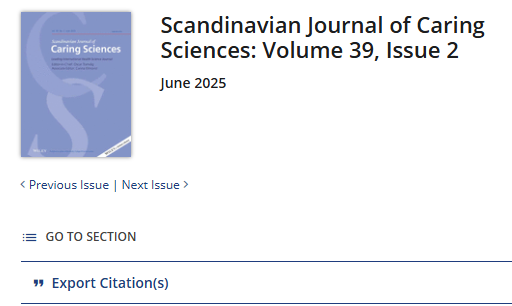
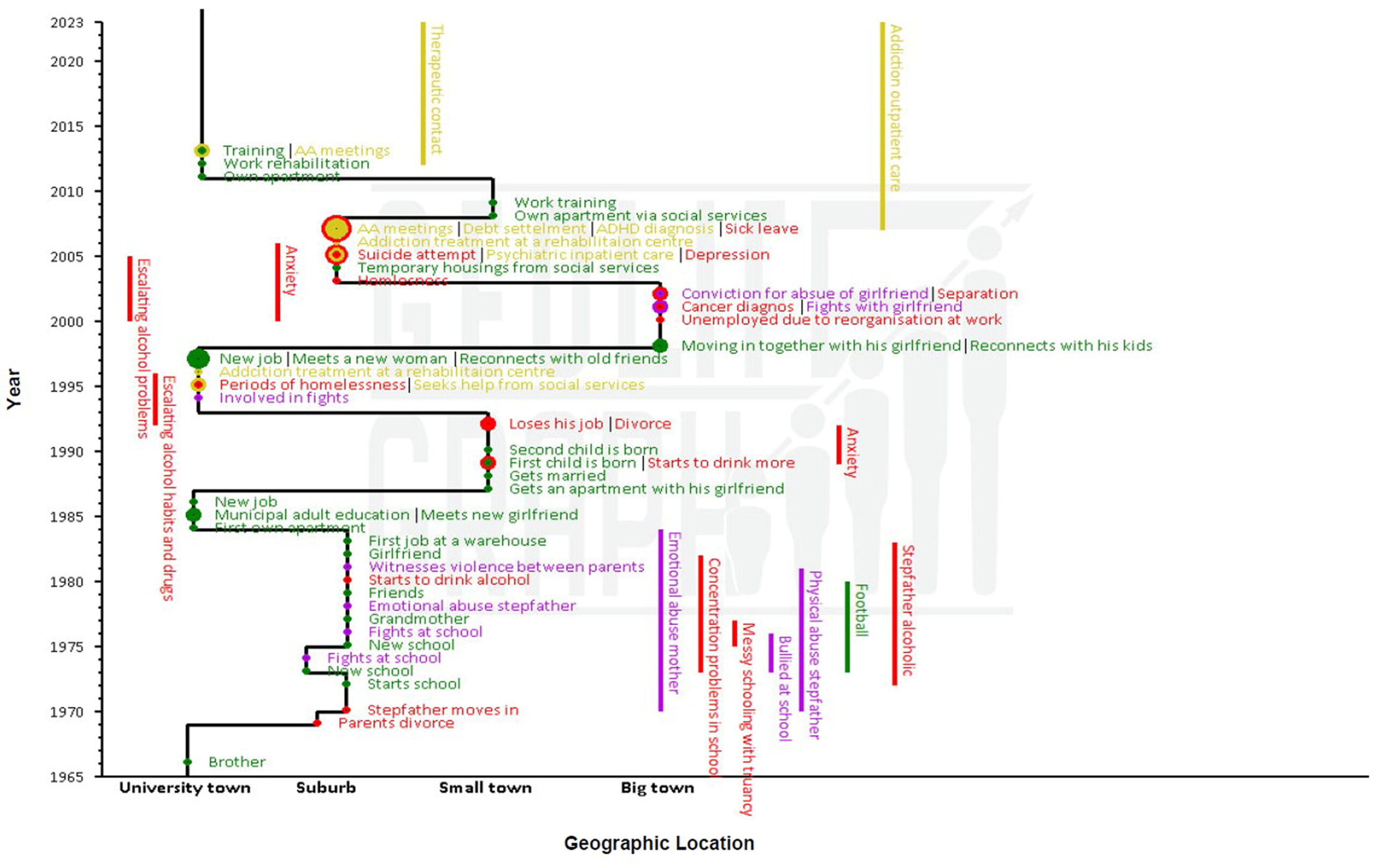
Abstract Experience of abuse as a life event is common among men in a psychiatric care context. Systematically charting life events and abuse plays a central role within psychiatric and mental health nursing and could improve the understanding of the patient’s life situation. The aim of the study was to…
Read moreAbstract Among the growing elderly population, the number of people with neurocognitive disease increases, highlighting the need for early diagnosis. Mini-Mental State Examination (MMSE) is one of the tools used to diagnose neurocognitive disease. The existence of a relationship between degraded oral health and decreased MMSE scores is known. Using…
Read more
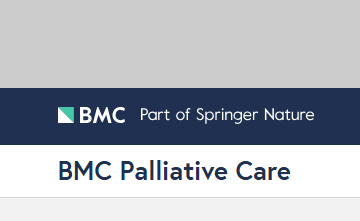
Abstract Background Relative’s efforts are essential when palliative care is provided at home and support from healthcare professionals is needed. Despite this, since the support provided varies, relatives may have unmet support needs. Many people receive general palliative care at home rather than specialised care, and nurses play a significant…
Read moreRead on DOI
Read more
